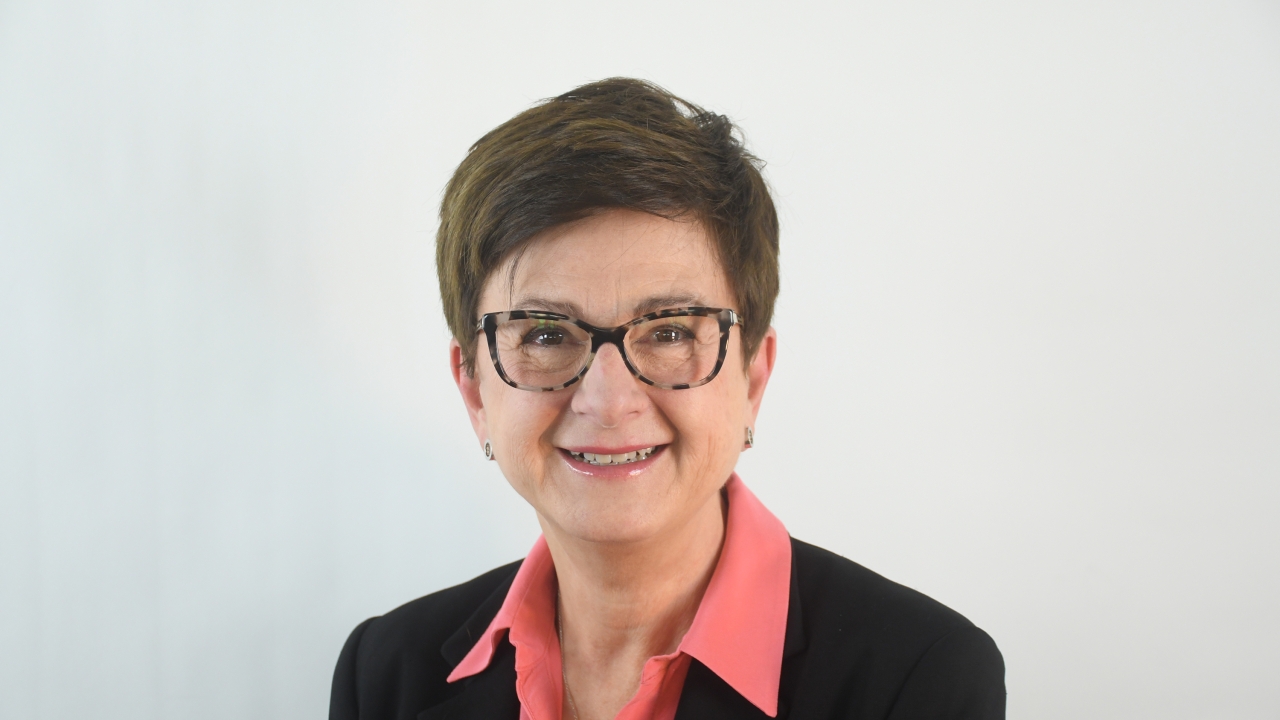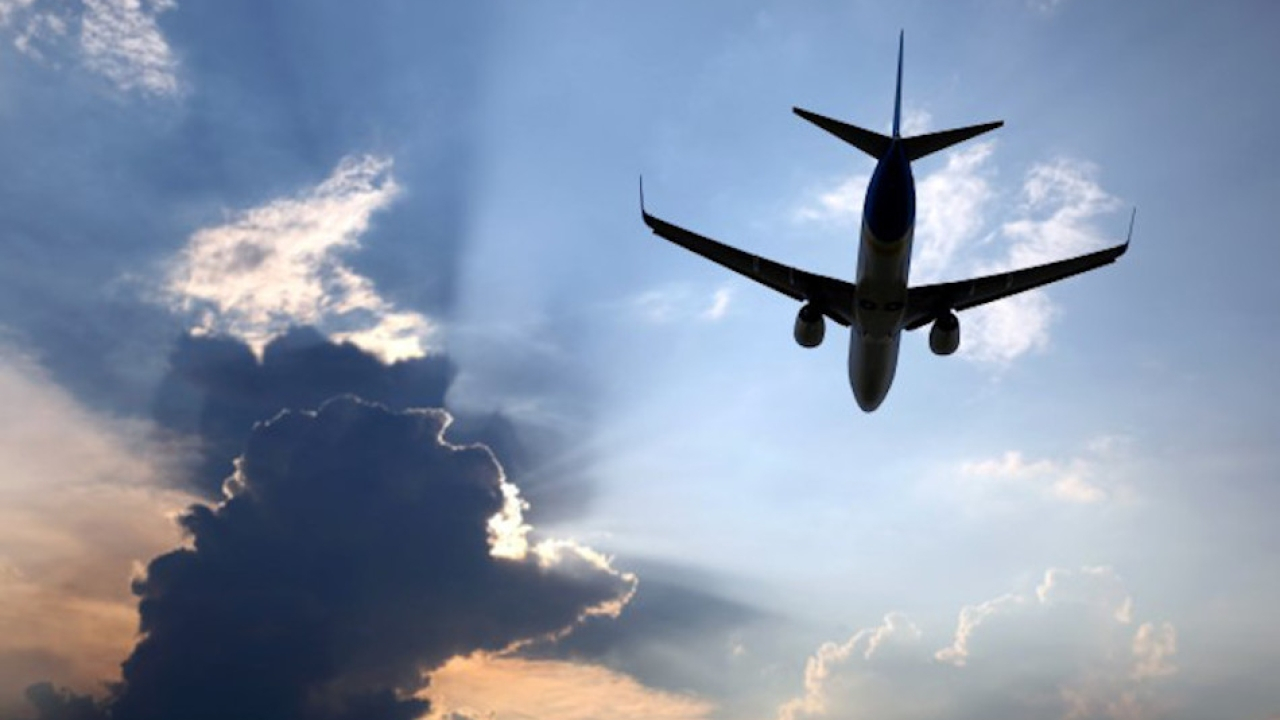IATA releases Single Use Plastics Products in the Airline Sector report
IATA has released the Reassessing Single Use Plastics Products in the Airline Sector report.

Marie Owens Thomsen, IATA SVP sustainability and chief economist.
Image: IATA
The report will assist airlines, regulators, and the airline supply chain to mitigate the environmental impacts of single use plastic products (SUPP).
This publication is timely as the United National Environmental Program (UNEP) has convened an intergovernmental negotiating committee (INC) to develop an international legally binding agreement on SUPP use by the end of 2024.
SUPP are widely used in aviation due to their strength, lightness, and ability to meet safety and security regulations. However, the airline sector faces challenges associated with improved cabin waste performance and the replacement of SUPP with sustainable alternatives. In addition, airlines face technical and operational obstacles, and the lack of harmonised and risk-based regulations presents a significant barrier to improving recycling and circularity of waste management. The absence of smart regulation continues to constrain airline efforts to improve the sustainability of cabin operations.
Collaboration across the aviation value chain is vital to enable the adoption of circular economy principles and to facilitate the reduction and replacement of SUPP that is necessary for reducing waste and increasing material recovery.
The report advocates for a sectoral approach to managing SUPP in aviation with a clear set of recommendations. Key recommendations include:
For airlines:
• Reduce waste at source by reviewing standards and procedures through the lens of waste reduction and reuse, and professionally assess the need for SUPP. Set clear targets for the elimination, measurement, and tracking implementation, and disclose progress.
• Introduce reusable items as a strategy to drive circularity. This requires logistical changes that incorporate a closed-loop service, including the impact of potential added weight of reusables on aircraft on fuel burn and carbon emissions.
• Improve waste management and recovery by facilitating onboard and ground waste segregation and undertaking waste composition audits for passenger and cargo operations.
For regulators:
• Proactively encourage the minimisation of SUPP by addressing the need for simple harmonised regulations and legislation. Develop guidance that allows for global common definitions and standards for alternative products that include labelling, integrity and certifications.
• Create the infrastructure and frameworks that will make reuse models possible, while being aware of and responsive to the characteristics of international airline operations.
• Endorse a clear methodology and the sharing of good practices as essential to ensuring that segregation processes are efficient and effective.
• Support the development of infrastructure for waste segregation and recovery at or close to airport premises.
For the supply chain:
• Take part in or organise solution-focused discussions involving key stakeholders, to help identify and implement process changes that prioritise end-to-end solutions that ensure best practices and promote regulatory change.
• Increase public/private sector collaboration and significant investments to implement circular economy principles in the airline sector value chain to enable considerable changes to processes and procedures for stakeholders both upstream and downstream.
"Airlines are taking a comprehensive approach to sustainability that includes addressing the environmental impact of SUPP. The recommendations of this report will help airlines, regulators and the supply chain to manage the complexities of reducing SUPP. This includes finding alternatives to SUPP, creating a harmonised regulatory framework, and promoting sector-wide collaboration. Importantly, these recommendations take advantage of the expertise of all participants in the aviation sector to develop, adapt and implement the solutions best suited to an aircraft’s unique environment,” said Marie Owens Thomsen, IATA SVP sustainability and chief economist.
Stay up to date
Subscribe to the free Times Aerospace newsletter and receive the latest content every week. We'll never share your email address.

